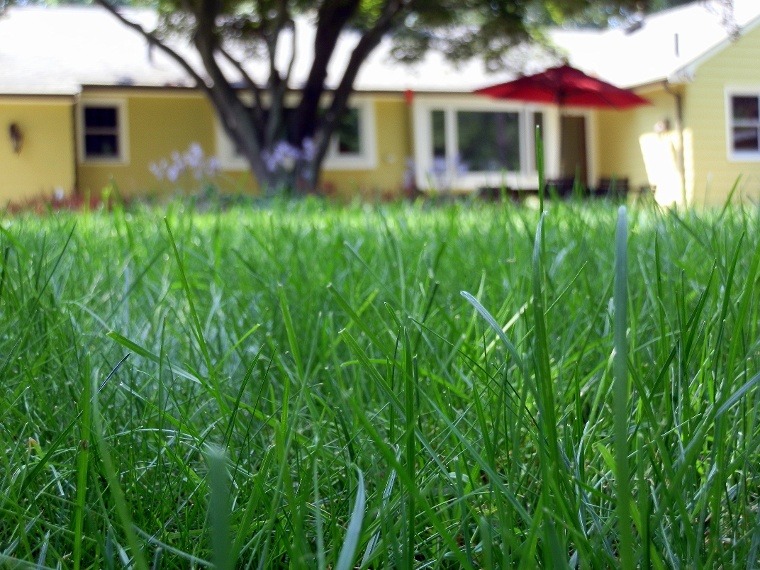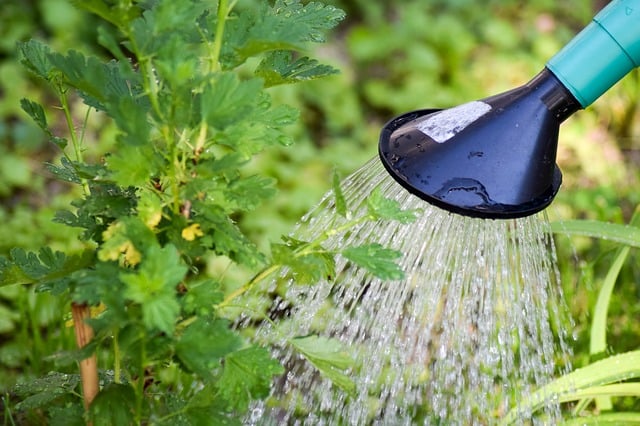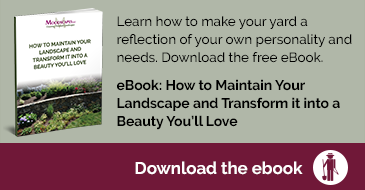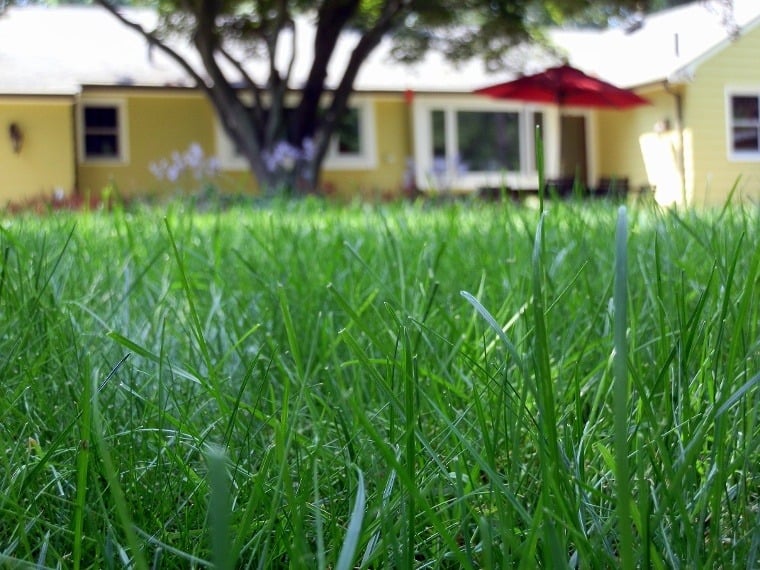Lawn care chemicals have been around for decades. But only in recent years have we started to become aware of some of the damage that can be caused by these compounds. There is a lot of hype and misinformation out there about certain products and whether they are safe to be used on your yard. Understanding the toxicity of popular lawn care chemicals is an important first step in choosing the right products for your yard.

Toxicity to humans
If you’ve kept up with the news or seen any infomercials in the last year or so, you might be familiar with the most high-profile toxic lawn care chemical: glyphosate, the active ingredient in the Roundup brand of weed killer. This year alone, three juries have ruled that glyphosate is likely to cause cancer. Tens of thousands of people are suing Monsanto, the parent company of the Roundup brand. Both are owned by German drug giant Bayer, which is rumored to be offering a settlement of $8 billion.
Another example of a potentially dangerous chemical is Isoxaben, an ingredient used in long-term herbicide products such as Preen. The EPA has identified Isoxaben as a possible carcinogen to humans. Even lawn care compounds that aren’t correlated with cancer can cause problems like skin irritation and itching eyes, especially if ingested.
Toxicity to plants
Certain types of fertilizer can cause a condition known as lawn or fertilizer burn. This is a result of grass having an excessively high pH level. It’s also important to note that some types of plant fertilizer will end up in local bodies of water as runoff, where they will re-enter the food chain and cause problems with plants in their natural habitats. For example, excessive nitrous and phosphate in a body of water can cause out-of-control algae growth in lakes, which consumes oxygen that would normally be used for other plants and wildlife.
To help protect yourself, the plants in your yard and the local environment, it’s important to have alternatives to harmful chemical fertilizers or weedkillers.

Safer alternatives to harmful pesticides and fertilizers
The first step is to seek out natural products that do not use any kind of toxic chemicals. One example is A.D.I.O.S. weed control, a natural weed killer that is odorless, non-toxic, and approved for use in organic gardening. Instead of buying harmful fertilizers in stores, you can also make use of normal household solutions like vinegar and lemon as environmentally-friendly pesticides.
For more information about products that can be safely used as pesticides and fertilizers, check out the Department of Agriculture’s list of organic-approved substances that can be used in crop and livestock production. Be sure to research any fertilizer or pesticide product that you decide to use to see if it is safe for the soil profile on your property.
Learn how to make your yard a reflection of your own personality by downloading the ebook titled "How to Maintain Your Landscape and Transform it into a Beauty You'll Love."

Getting help with organic lawn care in east Massachusetts
Not sure which substances are safe and which should be avoided in your yard? The team at Moodscapes has many years of experience helping homeowners use fertilizer and pesticides that do not interfere with the natural equilibrium of the soil or the local ecosystem. Get in touch with us today to learn more about how we can help you implement organic-friendly chemicals in your yard.




